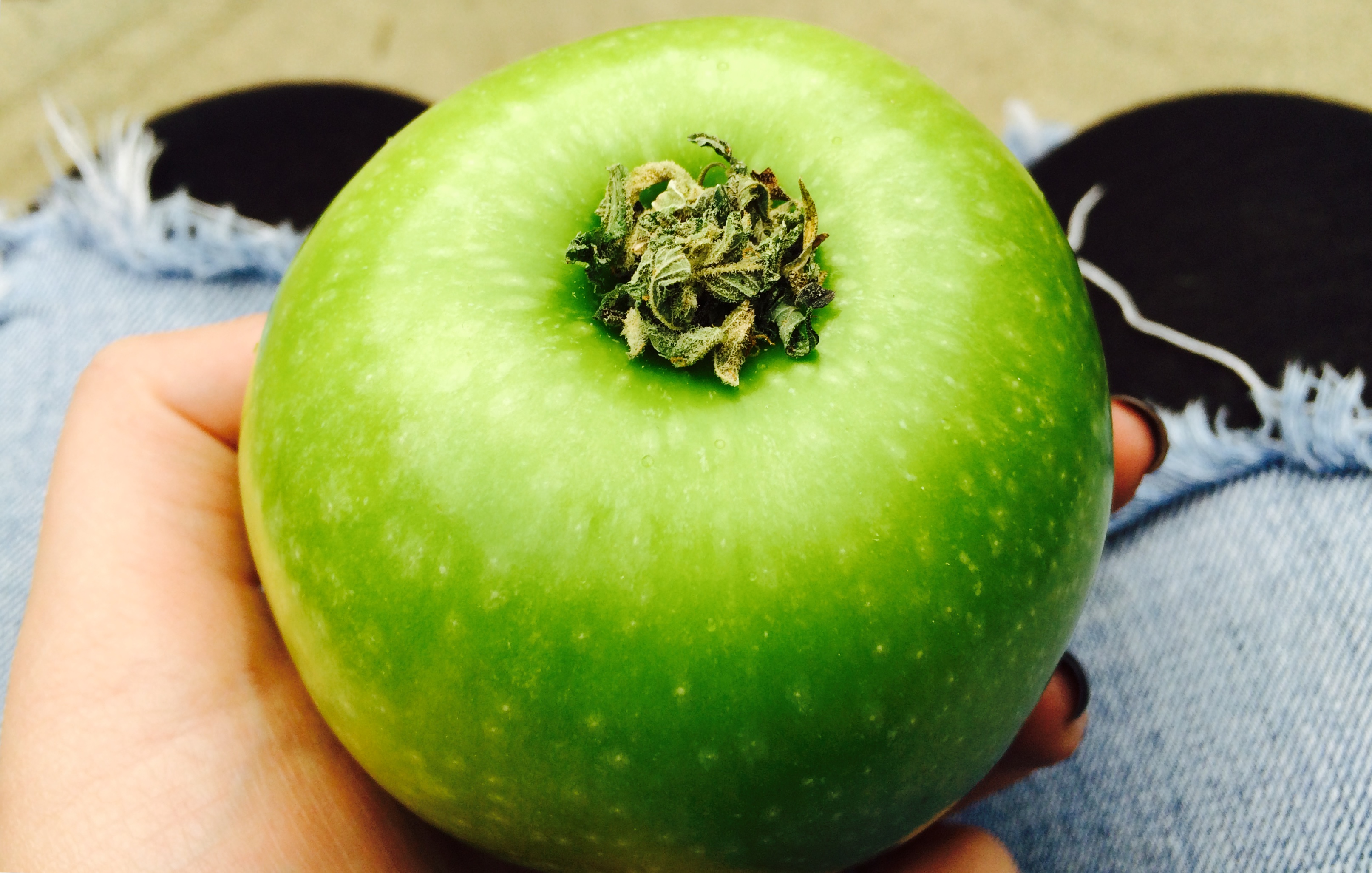
By Alecx Abbott
With Initiative 502 still being in its infancy, understanding the recreational side of the legalization of marijuana still seems to be a little bit of a hazy area. While medicinal shops seemed to flourish overnight, getting licensed for recreational sales is still difficult.
Nearly two years since the law was passed, legally acquiring pot without a medical card, isn’t as easy as people had thought.
With the closest recreational pot shop in Discovery Bay, many are curious when they’ll have their own legal hook up.

The process for becoming licensed recreationally is complicated. Shop owners and entrepreneurs had to enter in a license lottery to have a chance at opening their doors.
I-502 directed the Liquor Control Board to limit the number of retail stores per jurisdiction. The lottery was chosen by the Liquor Control Board as the fairest system for issuing licenses where there are more applicants than stores allotted. The number or stores is based on population per country. In July the Liquor Control Board recorded over 2,000 applicants for stores alone.
Jon Millett, the owner of Green Orchard, applied three times for the license with an application fee of $250 each. After complying with state regulations and making it to the final stages, he still wasn’t chosen from the lottery.
“We came very close. There are several hoops to jump through,” Millet said. “We’re comfortable where we’re at, but we’ll keep trying. Everything happens for a reason.”
Millet wasn’t the least bit discouraged and is still looking to broaden his horizons. He has a hearing November 5th for a farming license.
Just a few blocks away, Nick Benge and Wendy Buck-Benge at Sparket 420, won the license lottery despite the odds. “We’re very excited,” Buck-Benge said. But winning was just the tip of the iceberg for Sparket 420.
While the requirements for qualification weren’t unreasonable, it didn’t put the chances of acquiring the license in anyone’s favor. Operating and floor plans, criminal history statements, business structure forms, lease information and purchase agreements are just a few of the requirements owners had to meet.
The license also required FBI background checks and finger printing of everyone involved in the business, including the people taking part in all financial aspects.
“It’s their way of making sure drug cartels aren’t getting involved,” Buck-Benge said. “But the hardest part was sitting down and coming up with an operating plan.”
Sparket 420 first opened their doors in February earlier this year. With small town neighborly customer service, that remembers to greet their regulars by their first name, they’re ready for the other side of business.
“It’s going to be two completely separate entities.” Buck-Benge said. “Our medical customers come to relieve pain, while the others will want the mental effect. It’s going to be very different.”

Obtaining the “winning lottery ticket”, however does have some restrictions. As with alcohol, the law restricts anyone under the age of 21 from buying pot.
There’s no smoking, consumption or sampling in shops. Out of state residents may purchase pot but it must be consumed in Washington.
As per Liquor Control Board regulation, customers are allowed to purchase up to an ounce. However, shops are allowed to set lower-than-normal limits on how much each person can buy while supply is low.
As Colorado has already experienced with their legalizing laws, there’s bound to be shortages. With the lack of production facilities in the area, once Sparket 420 is ready to sell to recreational users, keeping up with supply and demand may be an issue.
“Keeping retail in stock is something we worry about. But this license prevents us from applying for a farming license. You can’t have both. It doesn’t make sense to me. Budweiser grows their own hops. Folgers has fields in Columbia. Why can’t I grow for my business?” Buck-Benge said.
Even though they haven’t opened their doors as a recreational shop just yet, they hope to be all stocked and done with remodeling by Thanksgiving.
